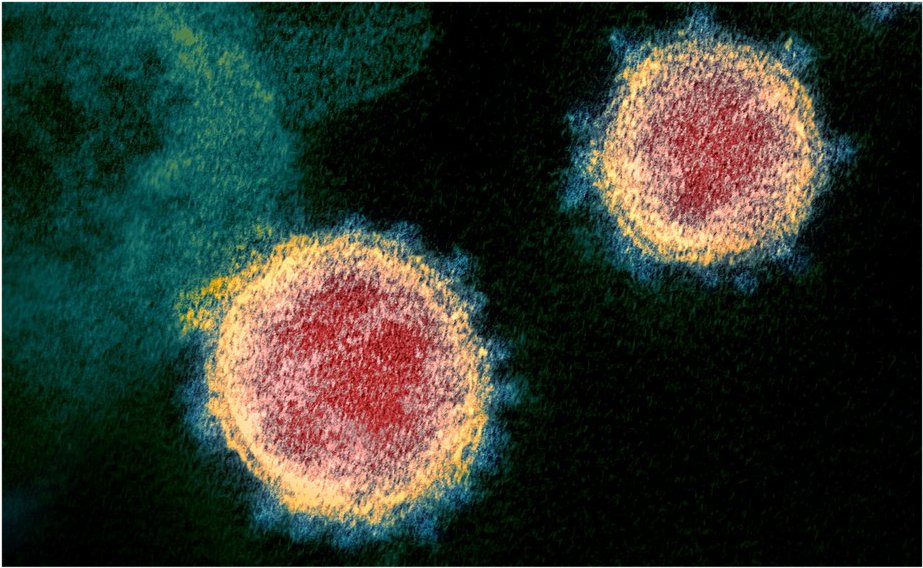
While countries are scrambling to prevent the spread of COVID-19 (the disease caused by the new coronavirus), doctors are trying to find the best treatment for it. In three separate studies, a surprising candidate has been found: the anti-malarial drug chloroquine. In a letter that was published on February 19th, three Chinese scientists reported that more than 100 patients were given the drug. Based on the patients’ responses, they write:
…chloroquine phosphate is superior to the control treatment in inhibiting the exacerbation of pneumonia, improving lung imaging findings, promoting a virusnegative conversion, and shortening the disease course…
The authors also report that there were no adverse side effects noted in the patients.
A report in Spanish (translation here) concurs. It discusses both the results seen in patients and the results of experiments where primate cells are infected with the virus and then treated with chloroquine. The conclusion is as follows:
Chloroquine can both prevent and treat coronavirus in primate cells…According to South Korean and China human treatment guidelines, chloroquine is effective in treating COVID-19. Given chloroquine’s human safety profile and existence, it can be implemented today in the U.S., Europe and the rest of the world.
Finally, a study published in the journal Nature confirms that when primate cells are infected by the virus that causes COVID-19, both chloroquine and an antiviral drug known as remdesivir were effective at fighting it. The researchers state:
Our findings reveal that remdesivir and chloroquine are highly effective in the control of 2019-nCoV infection in vitro. Since these compounds have been used in human patients with a safety track record and shown to be effective against various ailments, we suggest that they should be assessed in human patients suffering from the novel coronavirus disease.
Now, of course, these studies are far from conclusive. However, I expect that doctors will judiciously test the treatment on patients who volunteer for it. Hopefully, that will allow us to learn more. Perhaps an effective treatment is on the horizon!

Like all new treatments these drugs must be scientifically tested. There are several drugs developed for a certain medical disease are later unexpectedly tried and then used for other diseases. The same rule always applies:test properly until positive results occur. Most drugs in development do not pass the test. Stephen
Indeed. However, as the studies indicated, some initial testing has been done, and the drugs passed that initial testing. Thus, they should be tested on a wider scale.
A quick read of the wikipedia article on chloroquine tells me that there is no need to go through lengthy clinical trials. The drug has been around for more than 80 years and so it’s side effects should be well known.
All the usual cautions about using a “new” drug wouldn’t apply.
1. It’s not new
2. There isn’t anything else so you can’t say it would keep people from using a “known” treatment.
3. It may be very dangerous if you overdose it … so don’t overdose it!
4. It’s already recommended for treatment (not prevention) by the 3 countries most affected by the virus: China, South Korea, and Italy. Isn’t this why it’s leveling off in those countries?
5. It’s apparently cheap (and easy?) to make. $.04/dose in developing countries, $5.30 here in the US. By the way, why does it cost so much more here? But whatever. Either way it’s worth it to keep the bad effects to a minimum.
I can’t see any reason why this shouldn’t be immediately put into widespread use. The death toll is continuing to increase exponentially. There’s been a steady doubling of deaths about every 4 days since March 2nd here in the US. Our death toll today sits at over 150. If the rate continues, in 40 days the death total will be 150,000+. If chloroquine can reduce the severity of symptoms it could prevent a LOT of deaths.
I don’t think anyone should be shilly shallying at getting this out into general use.
Is it just my impression, or am I feeling a vaccine in some months?
There are a few that are already in the works, but I would think the earliest one would not be widely available for at least a year.
The nice thing is this are known drugs used by humans. So I supose they are safe to test with little side effects
Here in Costa Rica our Social Security System is pondering chloroquine as a treatment. Very impressed that very young people are in very bad condition because of this.